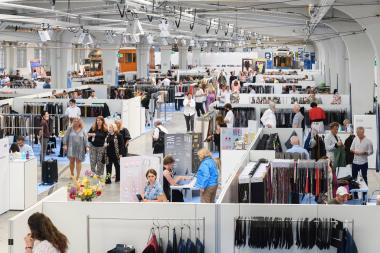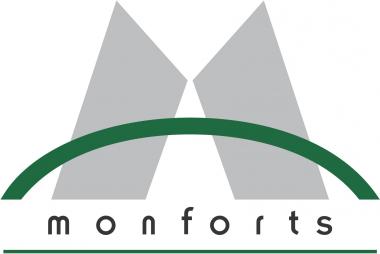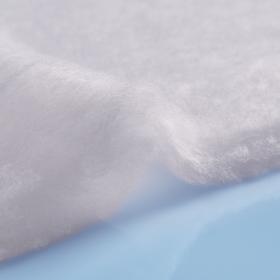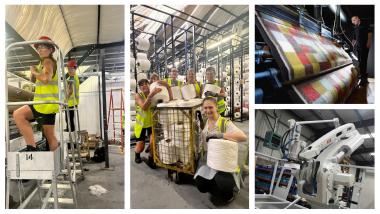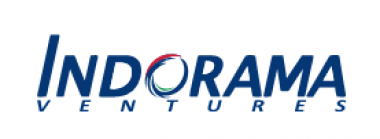EURATEX: A price cap at 275€/MWh would be meaningless
The plan of the European Commission to propose a price cap on wholesale gas price at 275€/MWh would be a bitter disappointment for the European textiles and clothing manufacturers, said EURATEX.
November 22nd, EURATEX stated in a letter to EC President, Ursula von der Leyen, that any price cap above the level of 80€euro/MWh would not help the EU industry – the textile sector in particular – to survive the current crisis. Indeed as early as July 2021, the wholesale gas price in the EU was below 30€/MWh. Now, the EU industry is facing gas and energy prices that have exceeded any coping capacity: from the record-high 320€/MWh last August, the price has reached to 127€/MWh today. Still, it is more than 300% than the business as usual prices.
The very existence of the European industry is at stake and with it the European sustainability agenda – and Europe’s capacity to implement it. Furthermore, Europe will lose its strategic autonomy, which guarantees essential goods and services are made available on the European Internal Market. If we continue on this path, the EU will soon become totally dependent on foreign imports with no leverage to implement its sustainability agenda, let alone lead the transition to a circular economy on the international stage.
At present, the EU industry is facing a dire international competition with the industry in China, India and the US working at energy prices of around 10$/MWh. In addition, these competitors are benefitting of sky-high subsidies from their own governments: the rollout of the US $369bln industrial subsidy scheme is just the latest example.
EURATEX Director General, Dirk Vantyghem, believes that “while the EU Industry is under immense, unprecedented pressure, a price cap at 275€/MWh would be meaningless: the European industry will be permanently pushed out on the market. The industry is at the heart of the European way of life and the fundament of our social market economy. The EU must save its industry to save Europe. The moment to act is now.”
EURATEX








